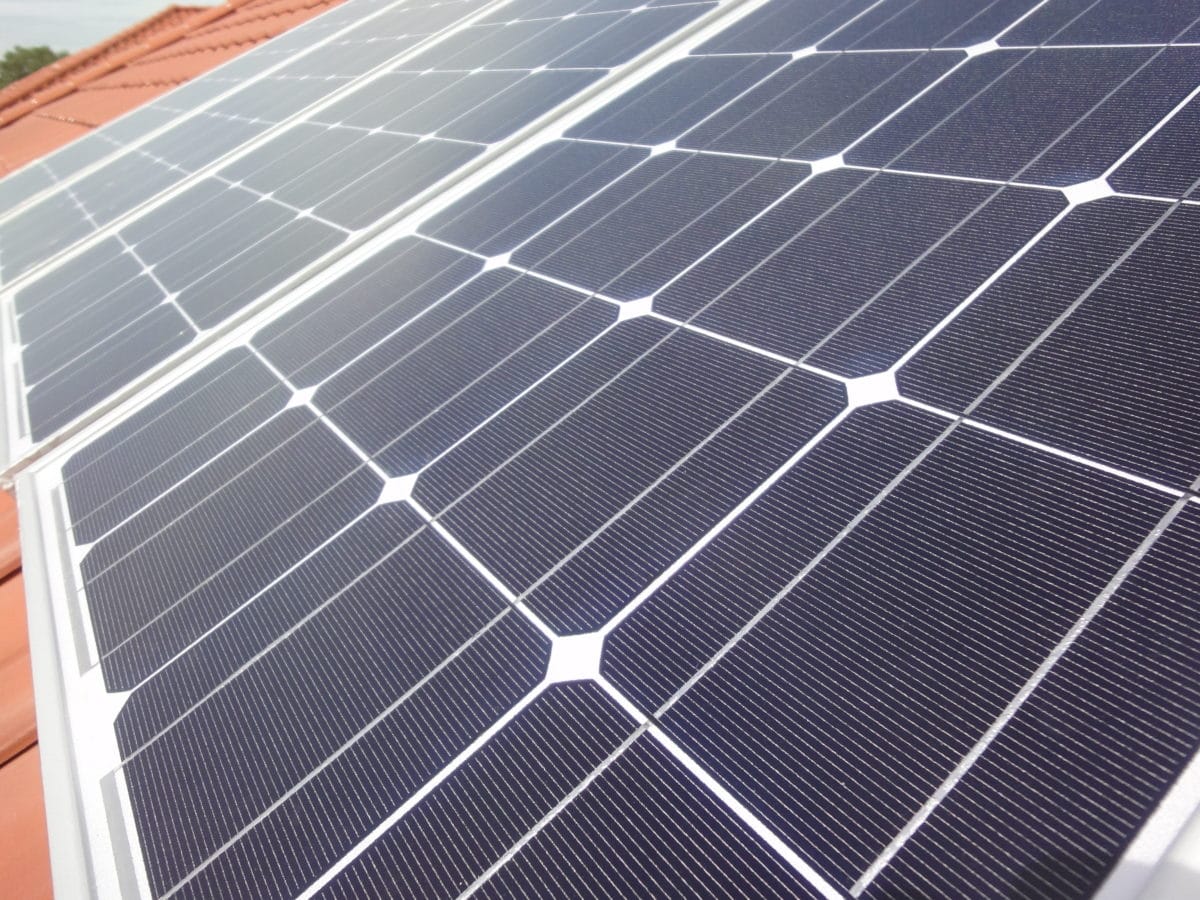The energy minister of the Belgian macro-region of Flanders, Zuhal Demir, has announced a package of measures that is intended at mitigating the effect of a recent ruling of Belgium's Constitutional Court, which established that the owners of PV systems with a capacity of up to 10 kW which have not installed a digital smart meter cannot keep operating under net metering. Under the previous regulatory framework, residential PV system owners were granted a 15-year grace period during which they could continue to operate under net metering with a smart digital meter, just like if they still had a standard meter.
The draft regulation, which has now been sent to the country's Council of State for review, would introduce compensation–which the Flemish government called a “retroactive investment premium”–and would apply to PV systems that were grid connected by the end of 2020. “This will be based on the calculated support required to obtain a reasonable investment return of 5%,” Demir specified.
If the new regulation does not come into force, everyone with a digital meter and PV will lose net metering billing.
“The compensation is given to prosumers who already had their digital meter (DM) installed or who will get one in the coming months and years,” the managing director at Flemish renewable energy association Organisatie voor Duurzame Energie Vlaanderen, Dirk Van Evercooren, told pv magazine. “The plan was to roll out the DM[s] to prosumers as a priority target group and this is now canceled and reversed.”
According to the new regulation, the roll-out should take place more organically, with less–or zero–focus on priority groups. “Moreover, prosumers have the right to ask to postpone the installation of the smart meter until 2025,” Van Evercooren added. “This allows them to profit from the net metering through the analog meter or some more time, therefore reducing the need for compensation for the loss of return on investment due to the end of net metering.”
Popular content
The compensation would be calculated by looking at the year of grid connection, the year in which the digital meter was installed, the peak power of installation, the length of time that a system had benefited from net metering, the government support already enjoyed, and the prosumer tariff paid in the past. “It is said that, for an average PV system installed in 2020 with a digital meter, the premium would amount to €1,308,” Van Evercooren specified.
He also explained that the Flemish renewable energy sector is not against the deployment of smart meters. “The idea is that the digital meter will only become smart if it is used actively and therefore it needs to be welcomed by the prosumer,” Van Evercooren affirmed. According to him, there is currently no widespread support among prosumers and the five-year delay granted by the government would enable a demonstration of the positive aspects of the digital meters for prosumers. “We aim to convince everyone to join the energy transition and use the smart meters,” he concluded.
The smart meter issue is affecting the vast majority of PV system owners in Flanders. Most of the region's PV capacity, in fact, is represented by solar installations not exceeding 10 kW in size, that operate under the net metering regime. After the ruling of the Constitutional Court, many owners of PV systems united to begin legal actions against the new net metering conditions. A dedicated group on Facebook has seen the number of members increase to more than 50,000 in a few days.
This content is protected by copyright and may not be reused. If you want to cooperate with us and would like to reuse some of our content, please contact: editors@pv-magazine.com.



1 comment
By submitting this form you agree to pv magazine using your data for the purposes of publishing your comment.
Your personal data will only be disclosed or otherwise transmitted to third parties for the purposes of spam filtering or if this is necessary for technical maintenance of the website. Any other transfer to third parties will not take place unless this is justified on the basis of applicable data protection regulations or if pv magazine is legally obliged to do so.
You may revoke this consent at any time with effect for the future, in which case your personal data will be deleted immediately. Otherwise, your data will be deleted if pv magazine has processed your request or the purpose of data storage is fulfilled.
Further information on data privacy can be found in our Data Protection Policy.